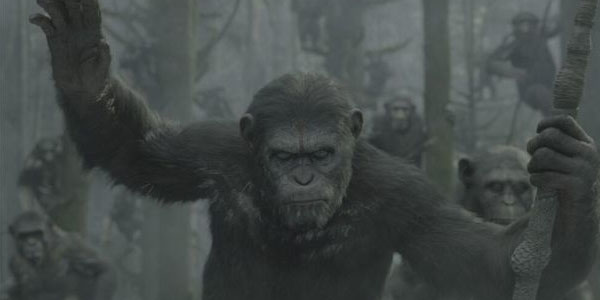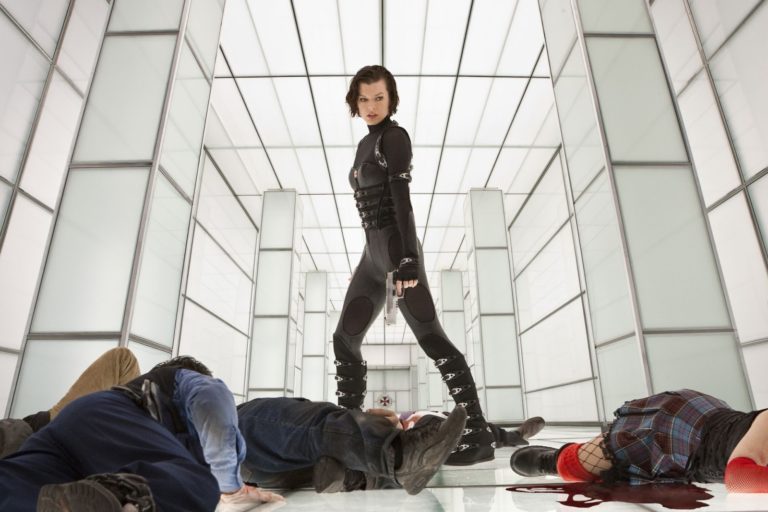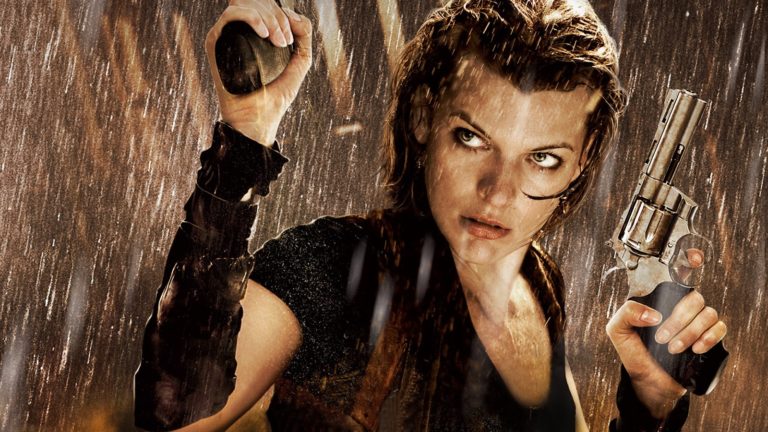If you listen to rock music on the radio, there’s a good chance you’ve heard Black Sabbath’s...
Month: July 2013
Hello fine readers, thanks for coming back for the weekly update! I was going to write on...
I’m sure by now everyone’s heard the virdict in the Zimmerman trial – not guilty. To a lot of...
Welcome back to part five of the Resident Evil retrospective! In this entry we’re going to cover the fifth...
Welcome back to part four of the Resident Evil retrospective! In this entry we’re going to cover the fourth...




